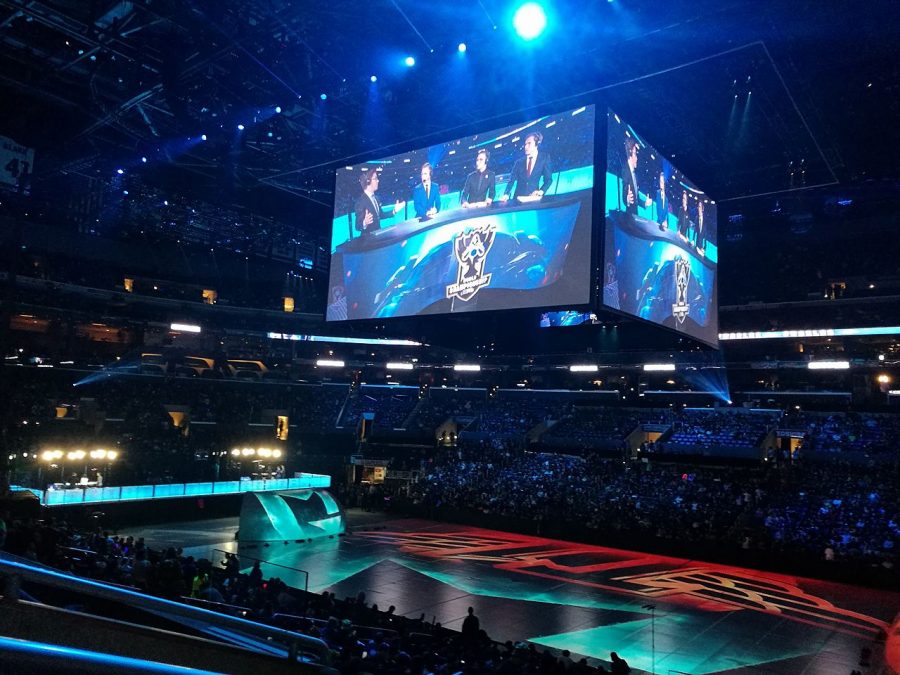Esports continues to dominate the headlines, and as it does, our projections and expectations of the industry for the period between 2020 and 2023 change. Just recently, the Business Insider Intelligence Unit published a comprehensive report that projects the esports industry to reach $1.5 billion in net revenue by 2023, after 2019, bringing in $1 billion alone. Call it a sort of a roulette simulation, if you want to, but esports – or video games played competitively – are storming the world of significant investment.
The reasons are very easy to divine – popularity. And you can verify the popularity of esports very quickly. A number of high-profile individuals, including Michael Jordan, Drake, DJ Marshmello, and Imagine Dragons, have all invested in esports. But the list doesn’t stop just there.
Esports Investment Going Up in 2020
Esports is now going to be one of the main ways to channel new viewers. If you are a brand, you want to make sure that your product is advertised to esports fans, especially if young demographics are on your mind. According to the Business Insider study, the viewership for esports will grow at a compound rate of 9% annually, which will lead to some 643 million watching esports by 2023.
Covering events will be an important part of the marketing strategy of any company out there. Many have already invested. Red Bull, Mercedes-Benz, Mountain Dew, KFC, McDonald’s, Burger King, and so many other brands are already lining up to get access to young demographics with plenty of disposable income.
But this doesn’t even touch on the full list of companies that have been interested in esports. Let’s name some of the other big names, including HyperX, Huya, Douyu, Disney, Apple, MLG, Puma, PWC, Toyota, Coca-Cola, and so many others.
Income that, most marketers and companies hope, can be spent on products people see in-between game clashes, for example. Investment in esports is going all across the board, and business is spawning around it – from news media keeping people updated about the future of esports to gambling business, buying streaming rights, and even setting up actual esports league.
The Franchised League Model – Even More Important Today
The idea of franchising esports has long been on the minds of most investors, but since the Overwatch League arrived in 2018, it has been progressing quickly. Activision/Blizzard wants to create a competitive structure across North America that resembles the National Football League, where every team has its home arena, and players travel around to play in front of huge crowds.

Convinced of the potential of the solution, Activision/Blizzard has now branched out to include Call of Duty as a franchised league model. With more teams joining and more money going into esports, some have cautioned about a bubble – i.e., whipping up too much excitement and investing in multi-million projects, such as home arenas, that would take decades to pay off – without actual proof that the industry can remain sustainable so long.
Yet, for analyst firms such as Newzoo, nothing seems impossible. In fact, even 2022 should bring an estimated $1.8 billion in revenue, exceeding Business Insider’s early estimate by quite a bit. While there may be too much excitement right for esports right now, one thing is sure – the full potential of the competitive gaming industry still hasn’t been tapped fully into.






 Your total news and information resource for all things Science, Technology, Engineering / Mathematics, Art, and Medicine / Health.
Your total news and information resource for all things Science, Technology, Engineering / Mathematics, Art, and Medicine / Health.
1 Comment
Leave your reply.